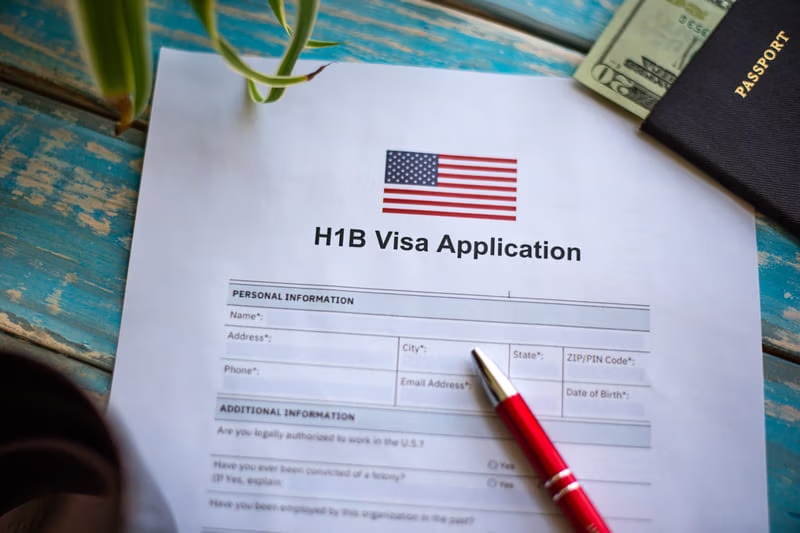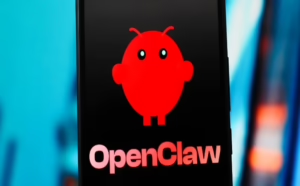A coalition of healthcare providers, universities, religious organizations, and labor unions filed a federal lawsuit on Friday, seeking to block the Trump administration’s controversial $100,000 H-1B visa fee. The coalition called the sudden policy change unlawful and warned that it would cause irreparable harm to the American economy and essential services.
The lawsuit, filed in the U.S. District Court for the Northern District of California, represents the first major legal challenge to President Donald Trump’s September 19 proclamation, which imposed what critics describe as an effective wealth test for skilled immigrants. The fee, which represents a massive increase from current premium processing costs, was implemented with just 36 hours’ notice, causing widespread disruption among employers and foreign workers.
The legal challenge argues that the proclamation violates the Administrative Procedure Act by implementing a dramatic policy change without a proper notice and comment period and exceeds presidential authority by effectively creating a new tax without congressional approval. The lawsuit names as defendants President Trump, the Department of Homeland Security, U.S. Customs and Border Protection, and the U.S. Department of State.
In his proclamation, President Trump defended the fee as necessary to protect American workers, stating the H-1B program has been deliberately exploited to replace American workers with lower-paid labor. The administration has pointed to studies showing that some companies use the program to hire foreign workers at salaries below prevailing wages for American technology workers.
However, court documents indicate the policy is already causing immediate harm across multiple sectors. Several major hospital systems have reported that the fee would make it impossible to recruit specialized physicians, particularly in rural areas facing doctor shortages. Universities warned that research projects would be jeopardized, while religious organizations stated that the fee would prevent them from bringing international clergy to serve their congregations.
The H-1B visa program, created by Congress in 1990, allows U.S. employers to temporarily employ foreign workers in specialty occupations. The program has been particularly important for technology companies, research institutions, and healthcare organizations seeking to fill positions requiring specialized knowledge. Data from U.S. Citizenship and Immigration Services shows that nearly one-third of H-1B visa holders work in healthcare and education roles.
The lawsuit highlights several plaintiffs directly affected by the sudden policy change, including cancer researchers at major universities who face being separated from their families, and rural hospital systems that had nearly completed hiring specialist physicians when the fee was announced.
The case has drawn support from unusual allies, including some conservative business groups that typically support the administration’s policies. The U.S. Chamber of Commerce, while not a party to the lawsuit, issued a statement expressing serious concerns about the fee’s impact on American competitiveness.
Meanwhile, technology workers’ groups supporting the fee argue it will help address what they see as systematic underpayment of foreign workers. They maintain that some companies have used the H-1B program to depress wages and avoid hiring qualified American workers.
Legal experts suggest the case raises fundamental questions about presidential authority and could ultimately reach the Supreme Court. A ruling is expected within weeks, given the urgent nature of the claims and the potential for immediate harm to both employers and visa applicants.
As the legal battle begins, thousands of H-1B applicants and their employers remain in limbo, uncertain whether they can afford to continue their immigration processes or must abandon years of investment in their careers and communities.






